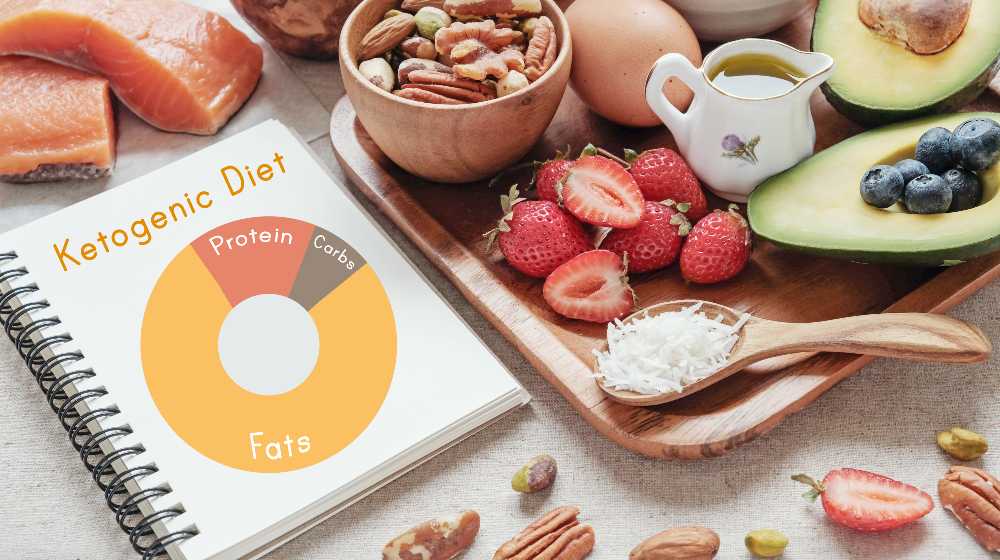While on a ketogenic diet, it is very important to ensure that one eats within the restrictions of the diet. This is vital so as for the individual to be able to remain in a state of ketosis.
RELATED: Keto Paleo Diet | Why We Should Do This and Foods to Eat
Foods You Can Eat on a Ketogenic Diet for Weight Loss
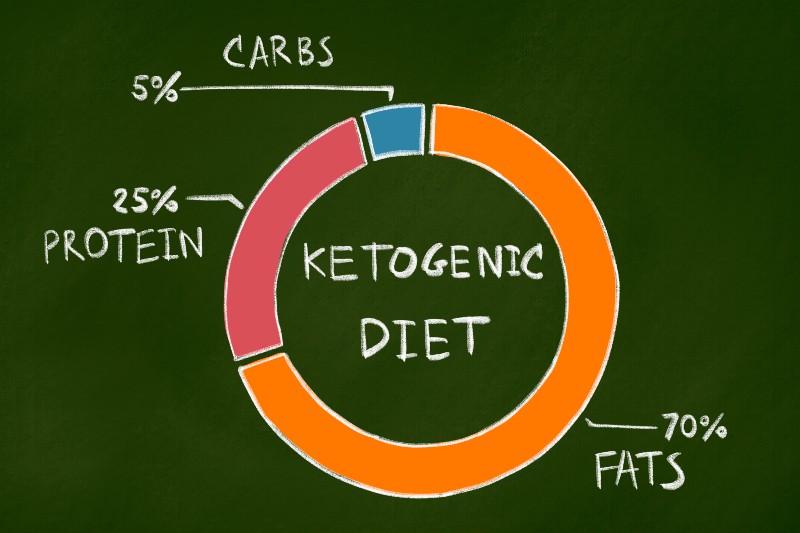
Going out of ketosis can be as simple as eating one or two meals that are not recommended on the diet.
However, coming back into ketosis is another different story entirely. This can often take days or weeks depending on how strict you become when you get back on the diet.
Meals in a ketogenic diet are comprised of three basic food types. These are the:
- fruit or vegetable
- protein-rich food
- fat source
Fats
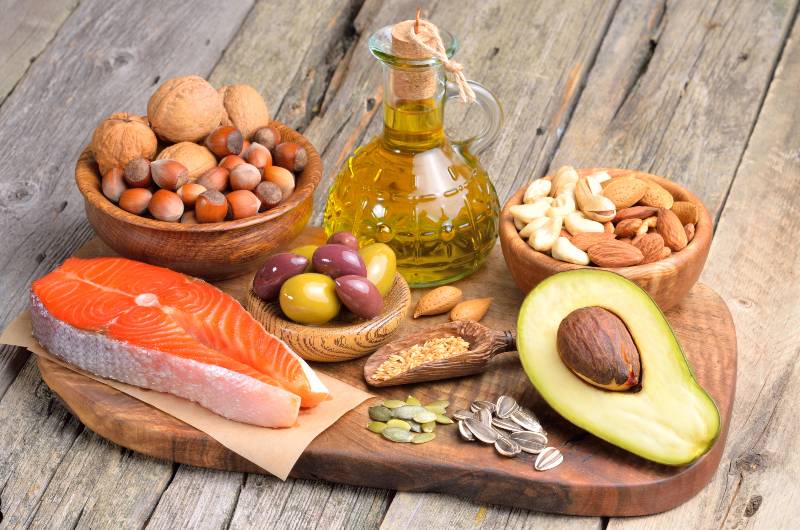
Ketogenic diets by nature involve the consumption of increased amounts of fats in the diet. They can come in as part of the cooking process or as sauces and dressings.
The best types of fats are those medium-chain triglycerides (MCTs). These include both MCT oil and coconut oil. Medium-chain triglycerides are easily metabolized to produce ketones. Some other equally good fats for ketosis include:
Omega-3 and Omega-6 fatty acids
Salmon, Shellfish, Trout, Tuna
Monounsaturated and Saturated fats
Olive oil, Avocado, Butter, Cheese, Red palm oil, Egg yolks
Non-hydrogenated oils (when cooking)
Coconut oil, Beef tallow, Non-hydrogenated lards
High oleic
Safflower oils, Sunflower oils
Other fat sources:
Chicken skin, Coconut butter, Peanut butter, Fat on meats
Proteins
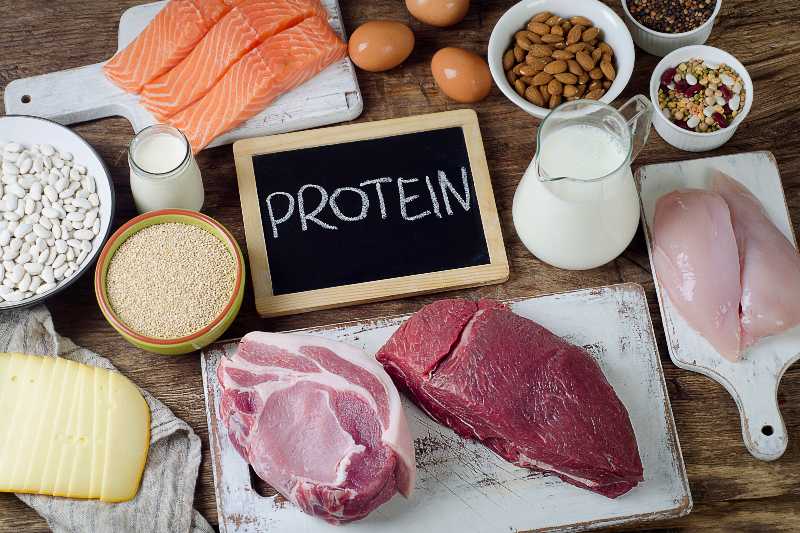
When buying your protein foods, always try to choose grass-fed, organic, and humanely raised meat and wild-caught seafood. Apart from offering more nutrients, they have not been exposed to added hormones, antibiotics, and other potential toxins.
Meat
The ketogenic diet accepts any type of meat. There is no discrimination about the type of cut or preparation.
Beef, Goat, Lamb, Pork, Veal, Venison
Poultry
Any type of poultry is also allowed by the diet. You can improve the content of the meal by leaving the skin on. However, breading and batter should not be used in the preparation of poultry as they are usually high in carbohydrates. Other than that, you can prepare your poultry to your liking.
Chicken, Duck, Game hen, Goose, Ostrich, Partridge, Pheasant, Quail, Squab, Turkey
Seafood
Another great source of protein is seafood. Seafood is a great source of omega-3 fatty acids. They also have high amounts of minerals and vitamins to help keep you well-nourished and healthy.
Clams, Crab, Lobster, Mussels, Oysters, Prawns, Scallops, Shrimp, Snails
Fish
Fish have good amounts of omega-3 fatty acids. You should go for fish that are caught in the wild and also in mercury-free areas.
Ahi, Catfish, Cod, Flounder, Halibut, Herring, Lobster, Mackerel, Mahi-mahi, Mussel, Salmon, Sardines, Scallops, Snapper, Squid, Swordfish, Trout, Tuna, Walleye
Carbohydrates
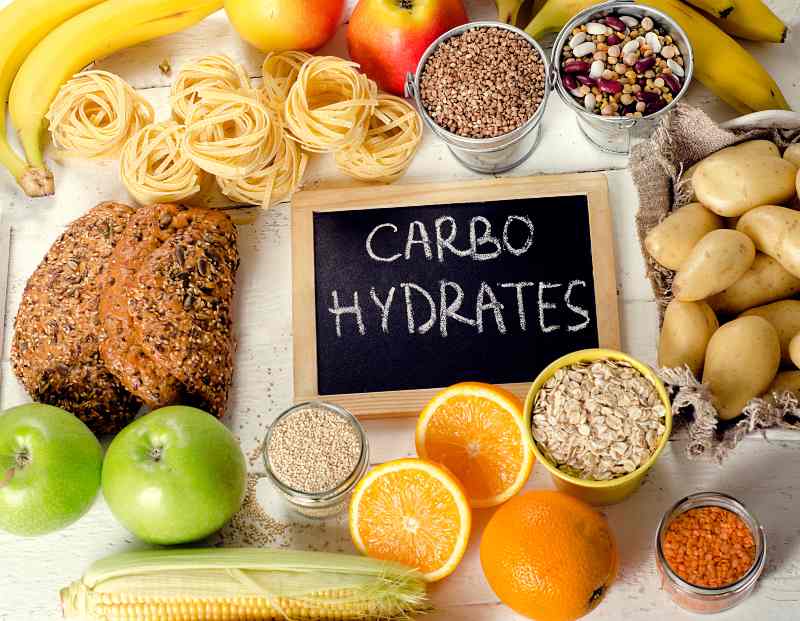
Vegetables
Vegetables are the primary source of carbohydrates on a ketogenic diet. When you are buying vegetables always opt for organically grown vegetables. Also, dark leafy vegetables contain the least amount of carbohydrates with good nutritional value.
Arugula, Asparagus, Bok choy, Broccoli, Cabbage, Cauliflower, Celery, Collard greens, Endive, Garlic, Kale, Kelp, Lettuce, Mushrooms, Onions, Peppers, Radishes, Seaweed, Spinach, Swiss chard, Watercress
Milk and Dairy Products
These are very essential in a ketogenic diet. Grass-fed and organic sources are more preferable. The full-fat variety is better suited for the ketogenic diet than the fat-free and low-fat varieties.
Butter, Cheddar, Crème fraîche, Heavy cream, Mozzarella, Sour cream, Cream cheese, Mascarpone cheese, Cheeses, Hard cheeses
Nuts
Moderate amounts of nuts and seeds are allowed on the ketogenic diet. Nuts and seeds are rich in protein, fats, and carbohydrates. The total fat, protein, and carbohydrate content of the nut varieties should be checked and added to the total daily calorie calculation.
Roasted nuts and seeds are the best. Anything that may cause harm or interfere with ketosis in the body has been removed from them through the roasting process.
Nuts should be used mostly as a snack
Almonds, Macadamia, and Walnuts are some of the best
Some nuts have a high content of omega-6 fatty acid which can cause inflammation in the body
However, they can hold some people back from their goals. If your weight loss is purely your purpose of using the ketogenic diet, then it would be advisable to remove nuts and seeds to improve your results.
Almonds, Brazil nuts, Hazelnuts, Pine nuts, Macadamia nuts, Pecans, Pili nuts, Pumpkin seeds, Sesame seeds, Sunflower seeds, Walnuts
Herbs and Spices
After some time on the ketogenic diet, the foods may start to become boring. Adding spices to your meals can however help to spice things up. You can add fresh and dry spices to your meals and even beverages so that they become more enticing and exciting to the palate.
Spices and fresh herbs are some of the most nutrient-dense foods on the planet you can eat. Adding spices to your meal doesn't only add more flavors to the meals but also offers a lot of various health benefits to your body.
Spices contain carbohydrates thus you should ensure to add them to your daily carbohydrate count. Also, endeavor to check the labels of pre-made spice mixes for their accurate carbohydrate content as they usually contain added sugars.
Salt also enhances flavors. It is best you chose high-quality sea salt instead of traditional table salt. Unprocessed salts such as Celtic or Himalayan sea salt provide you with more than eight trace minerals that your body needs to perform optimally.
Anise, Annatto, Basil, Bay leaf, Black pepper, Caraway Cardamom, Cayenne pepper, Celery seed, Chervil, Chili pepper, Chives, Cilantro, Cinnamon, Cloves, Coriander, Cumin, Curry, Dill, Fenugreek, Galangal, Garlic, Ginger, Lemongrass, Licorice, Mace, Marjoram, Mint, Mustard seeds, Oregano, Paprika, Parsley, Peppermint, Rosemary, Saffron, Sage, Spearmint, Star anise, Tarragon, Thyme, Turmeric, Vanilla beans
Sweeteners
Adding artificial sweeteners to your meals can help in curbing cravings for carbohydrates and sweets. Sweeteners help a lot of people to be able to adhere to the ketogenic diet.
However, natural sweeteners such as honey, maple syrup, and agave raise blood sugar levels which do not only cause inflammation but can also kick you out of ketosis.
Always go for the liquid form of sweeteners as they do not have binders like dextrose and maltodextrin. Dextrose is an anti-caking agent and is a form of sugar. Maltodextrin on the other hand is a bulking agent which has a higher glycemic index (110) than table sugar (52).
The following is a list of recommended sweeteners that have little effect on blood sugar.
Allulose, Blended sweeteners (Swerve, Lakanto, Sukrin), Erythritol, Monk Fruit, Stevia, Stevia glycerite (a thick liquid form of stevia), Sucralose, Xylitol
Beverages
Using a low carbohydrate diet like the ketogenic diet has a diuretic effect on the body. Carbohydrates draw water to them which causes water retention in the body. However, the reduced carbohydrate intake in a ketogenic diet leads to a lot of water loss as less water is retained in the body and more is excreted.
This diuretic effect can easily lead to dehydration. Therefore you need to drink a lot of water – well above the recommended intake of 8 glasses – when you are on a ketogenic diet. This will help you to reduce the risk of bladder pain and urinary tract infections.
Besides water, you can add other types of beverages like coffee and teas to help keep you hydrated throughout the day. Both of these do not significantly affect the ketosis state.
However, the added substances like sugar and milk might affect the ketosis state. As a result, it would be best to avoid the sugar completely and use either full cream or artificial sweeteners together with your coffee or tea.
Another way to increase your beverage intake is to make vegetable juice by combining varieties of the approved vegetable types. You can also use power smoothies or protein shakes instead of fruit smoothies as the fruits contain sugars (fructose) that can kick you out of ketosis.
Below are some additional beverages you can consume to help keep you hydrated:
Unsweetened almond milk, Unsweetened cashew milk, Unsweetened coconut milk, Unsweetened hemp milk, Green tea, Herbal tea, Organic caffè Americano (espresso with water), Mineral water.
Are you truly interested in losing weight and being fit? Then check this site today for some of the best weight loss tips, healthy diets, and fitness programs that will help you to fast-track your weight loss efforts.
Article Source: https://EzineArticles.com/expert/Marcus_J_Michael/1230411
Up Next:
- 9 Amazing Chicory Root Benefits You Need To Know
- 13 Food To Eat and Avoid When You Are Over 50
- Best At Home Testosterone Test and When to Consider Taking The Test
If you’ve got the gift of keeping healthy and sharing this knowledge through writing, click here if you want to write for us.
Please stay connected with us on Facebook, Pinterest, Instagram, and Twitter. Join our community here and Feel Better, Look Better and Live better with us.
Article Source: http://EzineArticles.com/
Trending
Best Multivitamin for Men | Top 10 Best Multivitamins for Men 2022
Tongue Color | 7 Scary Tongue Color Meanings
Get Updates
SIGN UP FOR OUR NEWSLETTER TODAY

Best Multivitamin for Men | Top 10 Best Multivitamins for Men 2022
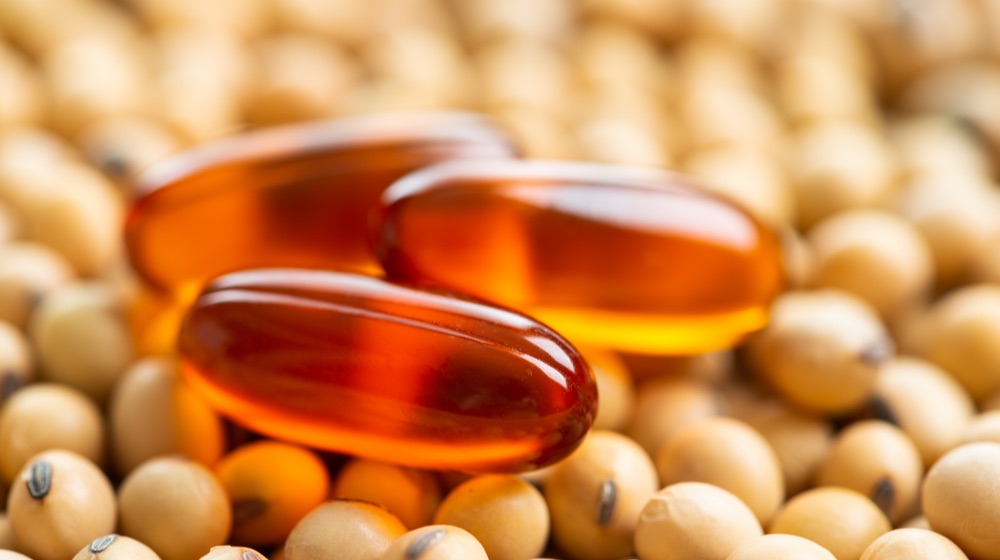
Lecithin Benefits and Side Effects: 10 Surprising Truths
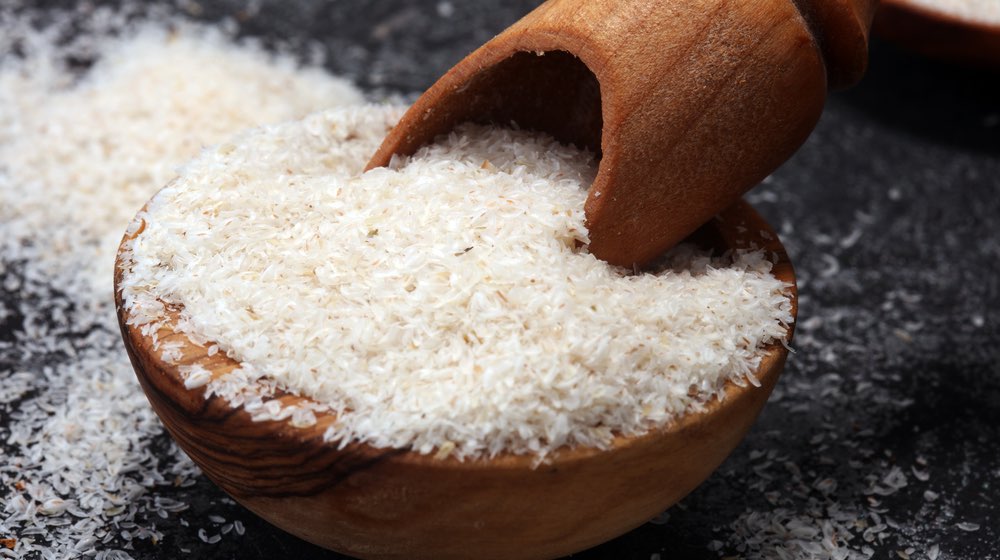
Related

Best Multivitamin for Men | Top 10 Best Multivitamins for Men 2022

